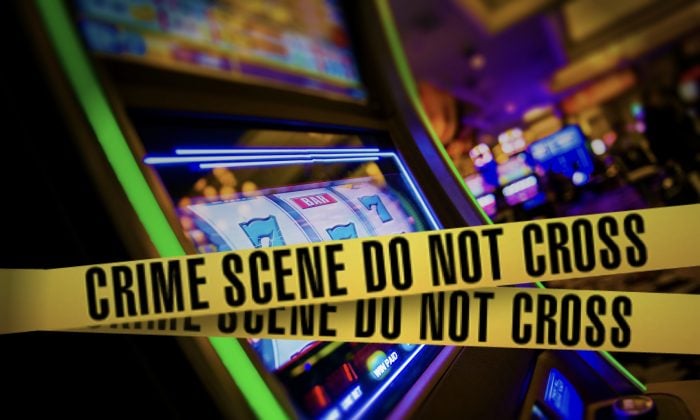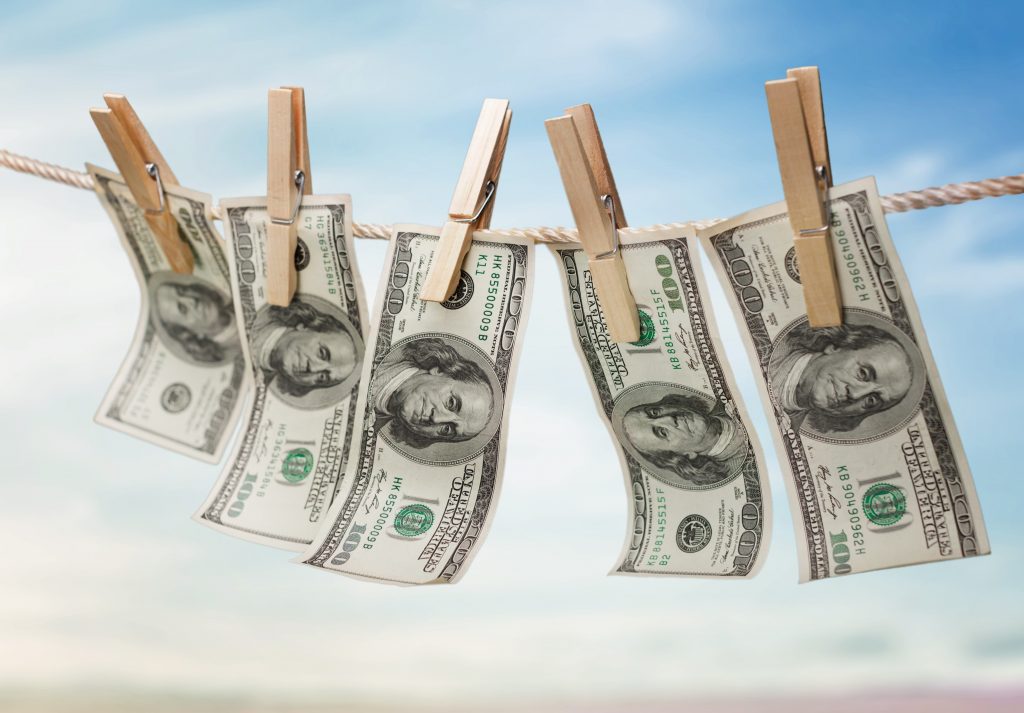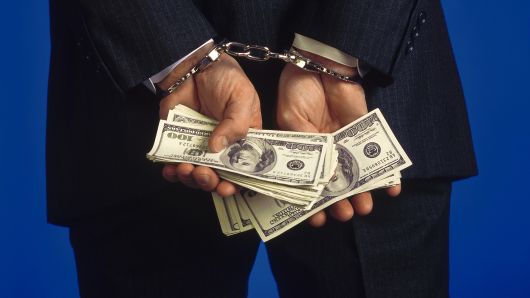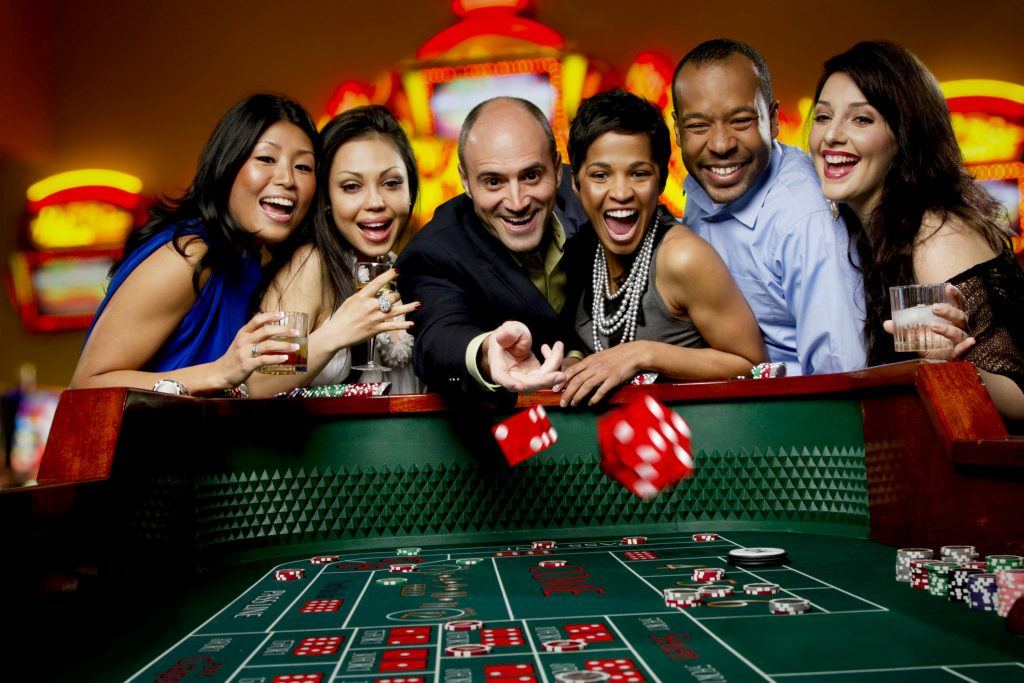Understanding the Connection Between Gambling and Crime

Gambling often carries a reputation for being linked to criminal activity. While popular media and culture frequently portray the gambling industry as deeply intertwined with crime, modern legal casinos operate under stringent regulations and oversight. But why do these associations persist, and is there historical or contemporary truth behind them? Below, we explore the complex relationship between gambling and crime, tracing its origins and examining its current realities.
How Money Laundering Tied Gambling to Criminal Activity

Money laundering is a practice where individuals disguise the origins of illegally obtained funds to make them appear legitimate. This process has been exploited for centuries, but the association with gambling gained prominence during the Prohibition era in the United States.
During this period, organized crime groups established illicit venues for both drinking and gambling. These operations enabled criminals to introduce large amounts of cash from unlawful activities, such as drug trafficking or extortion, into the legitimate economy. Purchasing casino chips, briefly participating in games, and then cashing out provided a plausible explanation for suddenly acquired wealth-laundered as "winnings."
Casinos are naturally high-transaction and cash-heavy environments, making it easier to obscure the source of funds. This link to money laundering prompted governments to introduce strict regulations for casino transactions, including mandatory reporting for large deposits and withdrawals to combat illicit financial activity.
Today, physical and online casinos implement robust anti-money laundering measures, working closely with regulatory authorities to monitor and report suspicious behavior.
The Mafia’s Role in Shaping Gambling’s Criminal Reputation
Organized crime, particularly the Mafia, played a major role in the history of American casinos. In the early 20th century, mob-controlled syndicates invested heavily in building and operating casinos, especially in Las Vegas.
Mafia groups not only financed casino construction but often managed day-to-day operations. For decades, they used these venues as fronts for illegal enterprises such as loan-sharking, racketeering, and money laundering. Iconic figures like Bugsy Siegel were instrumental in establishing the Las Vegas Strip and drawing further criminal involvement into the gambling scene.
This deep-rooted criminal participation in casino operations cemented the narrative of a close bond between gambling and organized crime. It persisted until federal interventions, most notably the Racketeer Influenced and Corrupt Organizations (RICO) Act of 1970, shifted the tide. By expanding law enforcement’s power to prosecute interconnected criminal activities, the RICO Act enabled authorities to dismantle much of the Mafia’s influence within the casino industry. While some remnants remain, mob control is now a fraction of its former presence.
Present-Day Gambling: Does Crime Still Follow?

While organized crime’s grip on casinos has waned, the perception of a gambling-crime nexus persists. In reality, the effect of casinos on crime rates is nuanced:
- On one hand, legal casinos can spark economic revitalization, creating jobs and increasing local tax revenue. Improved financial stability among residents and greater funding for public services can actually lower certain types of crime.
- On the other hand, studies have found that areas with new casinos often see a small but notable uptick in specific offenses, such as theft, embezzlement, or fraud-frequently perpetrated by individuals struggling with gambling addiction.
- The addiction rate for problem gambling is estimated between 2% and 5%. In some cases, those affected resort to illegal acts to fund their gambling habits.
Despite these complexities, research does not conclusively prove that the arrival of casinos necessarily leads to a broad increase in crime. In many communities, effective social policies and support networks help offset potential risks.
Why Gambling Feels Linked to Crime: The Psychology of Risk and Thrill

Beyond historical and economic factors, gambling and crime share psychological links. Both activities activate the brain’s reward system, offering an adrenaline rush and a sense of risk. For some individuals, the thrill of gambling resembles the excitement experienced while breaking the law.
Research into addictive behaviors suggests that the motivation behind crimes like shoplifting is often the excitement, rather than the need for goods. This overlap in sensation and motivation reinforces the cultural association between gambling and crime.
Interestingly, it has been argued that the structured excitement found in regulated gambling venues may provide an outlet for risk-taking urges-potentially reducing the likelihood that some people turn to more harmful illegal activities.
Conclusion: Is the Gambling-Crime Connection Still Relevant?
The link between gambling and crime is rooted in historical circumstances, particularly organized crime’s involvement and the prevalence of money laundering through casinos. Today, strict laws, regulatory oversight, and advanced monitoring technology have significantly weakened the criminal elements once associated with legal gambling.
While some risks remain-especially relating to gambling addiction and isolated unlawful acts-the overall connection is weaker than ever before. The modern gambling industry continues evolving, with a focus on transparency, responsible gaming, and collaboration with law enforcement to ensure a safe environment for all.
Further Reading
- Money Laundering Overview
- How the Mafia Influenced Gambling
- Organized Crime and Las Vegas Casino History
- The Social Costs of Gambling
- Studies on Casinos, Jobs, and Crime
- Exploring the Psychology of Crime and Thrill













